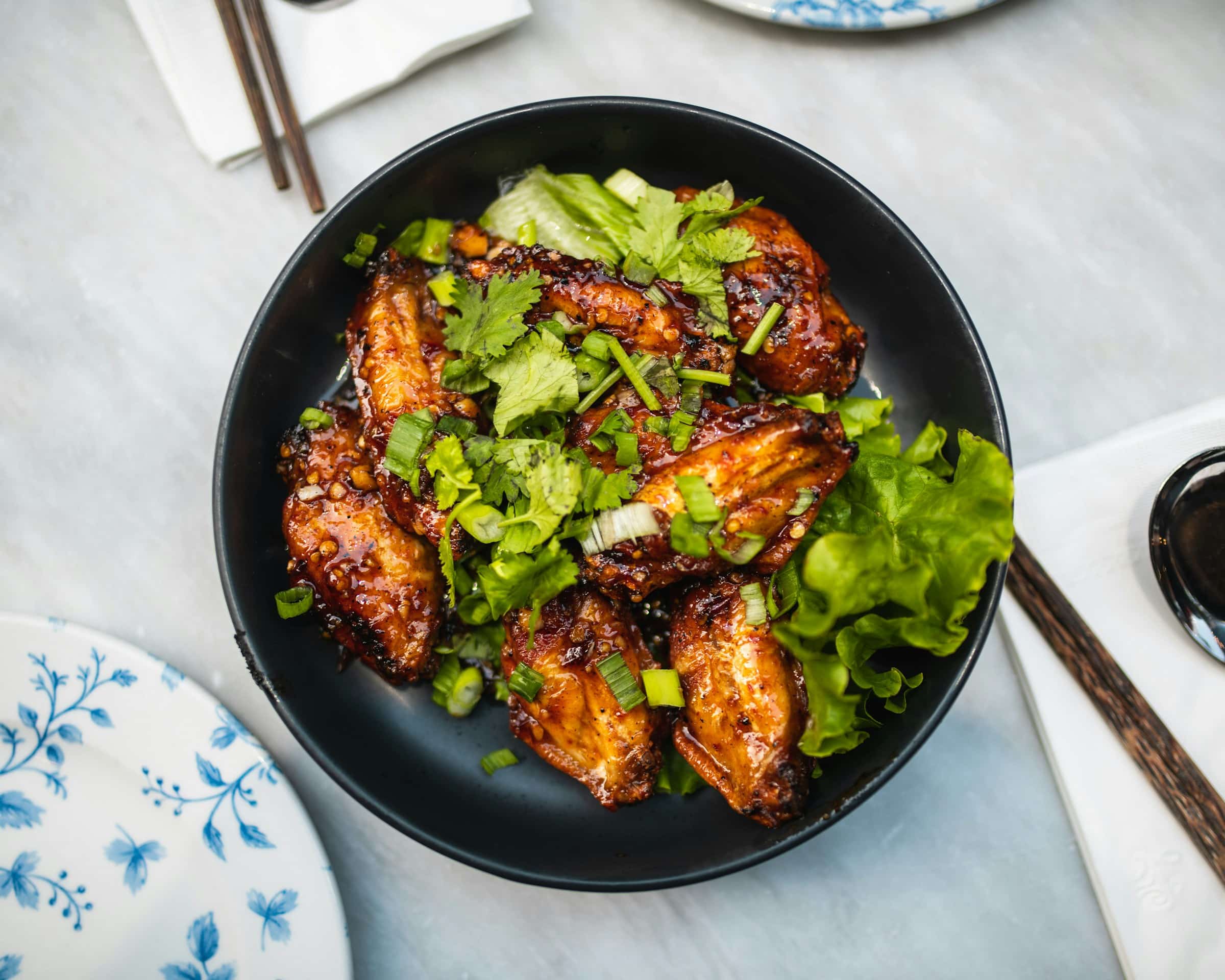In the heart of a home lies the kitchen, a space that is not only meant for cooking but also for creating memories. Your kitchen needs to be both functional and aesthetically pleasing. It should be a space you are proud of, a place where you enjoy spending time. One key element in your kitchen design is the countertop. The right countertop does not only contribute to the overall appearance of your kitchen but also its practicality. This is where heat-resistance comes into play. A heat-resistant countertop is a must-have for a busy kitchen, and in this guide, we will walk you through the best materials for a heat-resistant kitchen countertop.
1. Granite: The Natural Stone Champion
Granite is a natural stone, known for its impressive heat resistance. These countertops are formed under high heat and pressure conditions, making them naturally resistant to heat.
Dans le meme genre : How can overhead kitchen storage be designed for easy access?
Granite is the go-to material for many homeowners and for good reason. It’s incredibly durable, heat-resistant, and available in a variety of colors and designs. This makes it a versatile choice that can fit in with any kitchen style, from the most modern to the most traditional.
When it comes to heat, granite handles it like a champ. You can place hot pots and pans directly on the surface without worrying about causing damage. However, it’s always good practice to use a trivet or mat to reduce the risk of thermal shock, which can occur if a hot item is left on the surface for too long.
A lire aussi : What is the most effective way to incorporate a double sink in a small kitchen?
While granite countertops do require some maintenance, such as sealing every so often, their durability and heat resistance make them well worth it.
2. Quartz: The Resilient Choice
Quartz is another fantastic choice for those in search of a heat-resistant kitchen countertop. While not quite as heat-resistant as granite, it still offers considerable protection against heat.
One of the major advantages of quartz is that it’s an engineered stone. This means it’s more consistent in color and pattern than natural stones. So, if you’re looking for a countertop material with a uniform appearance, quartz might be the right choice for you.
In terms of heat resistance, quartz can withstand heat up to 400 degrees Fahrenheit. However, like with granite, it’s recommended to use trivets or mats to protect the surface from extreme temperatures.
Another advantage of quartz is it’s non-porous, making it resistant to stains and bacteria. This makes quartz a low-maintenance option that still offers solid heat resistance.
3. Concrete: The Modern Option
Concrete countertops are growing in popularity due to their modern and industrial look. But beyond their design appeal, they also offer excellent heat resistance.
Concrete, being a hard and dense material, can withstand high temperatures without suffering damage. But remember, it’s not invincible. Extreme and repeated exposure to heat can cause the sealant on concrete countertops to wear off, leading to potential stains. Therefore, it’s recommended to use protective mats or trivets, especially for hot pots and pans.
One of the major perks of concrete countertops is their customizability. They can be shaped and styled to your liking, allowing you to create a truly unique kitchen space.
4. Marble: The Classic Elegance
Marble is synonymous with luxury and elegance. Despite being perceived as delicate, marble is actually a solid choice when it comes to heat resistance.
Marble countertops can withstand high temperatures without getting damaged or discolored. However, they can be prone to staining and require regular sealing to maintain their beauty.
Although marble may require a bit more maintenance compared to other materials, its unmatched elegance and heat resistance make it a worthwhile consideration for your kitchen countertop.
5. Outdoor and Bathroom Considerations
While we’ve primarily discussed kitchen countertops, it’s important to note that these materials can also be great choices for outdoor or bathroom countertops.
For outdoor countertops, heat resistance is key, especially if the area will be exposed to sunlight for prolonged periods. Granite, with its high heat resistance and durability, is a popular choice for outdoor countertops.
In the bathroom, quartz is a popular choice due to its non-porous nature, making it resistant to humidity and easy to clean.
In both cases, the important point is to choose a material that fits your style, is heat resistant, and can withstand the unique conditions of the space.
Remember, your countertop is a significant aspect of your kitchen’s design and functionality. It’s worth investing time and consideration into choosing the right one. Whether you prefer the natural beauty of granite, the uniformity of quartz, the modern appeal of concrete, or the classic elegance of marble, there’s a heat-resistant countertop material out there that’s perfect for you.
6. Laminate: The Cost-Effective Alternative
Laminate countertops have been a popular choice for homeowners for many years, particularly because they are cost-effective and come in a vast array of colors and designs.
Featuring a plastic surface stuck to a particle board base, laminate countertops can handle heat to a certain degree. They can withstand heat up to 150 degrees Fahrenheit without damage but going beyond this temperature can cause discoloration or warping. Therefore, laminate countertops demand the use of trivets or heat pads to protect their surface from hot pots and pans.
One major advantage of laminate is that it’s easy to clean. Spills can be wiped off with ease, making maintenance a breeze. However, they can be prone to scratches and aren’t as durable as options like quartz or granite. Nevertheless, they offer a solid surface that’s easy on the budget and comes in a multitude of designs to suit any kitchen decor.
7. Stainless Steel: The Professional’s Pick
A staple in professional kitchens, stainless steel countertops are known for their durability and heat resistance. These countertops can withstand high temperatures without any risk of damage or discoloration.
Despite its industrial look, stainless steel can be a stylish addition to a modern kitchen. It pairs well with a variety of cabinet styles and colors, allowing for a great deal of flexibility in design.
Stainless steel is non-porous, making it resistant to bacteria and easy to clean. However, it can be prone to scratches and dents, so it’s best to use cutting boards and be cautious when placing heavy objects on the surface.
Conclusion
Choosing the right material for your kitchen countertop involves considering several factors like heat resistance, durability, maintenance, and aesthetics. From the natural beauty of granite and marble, the engineered perfection of quartz, the modern appeal of concrete, the affordability of laminate, to the professional feel of stainless steel, you have a wide range of countertop materials to consider.
Remember, each material has its unique properties, strengths, and weaknesses. Therefore, understanding these can help you make an informed decision that suits your lifestyle, budget, and design preferences. Your kitchen countertop isn’t just a functional element; it is also a significant component of your kitchen’s overall look and feel. So, choose a countertop material that not only meets your needs but also resonates with your kitchen style. Whether you cook occasionally or love making elaborate meals, there’s a perfect, heat-resistant countertop out there for your dream kitchen.










